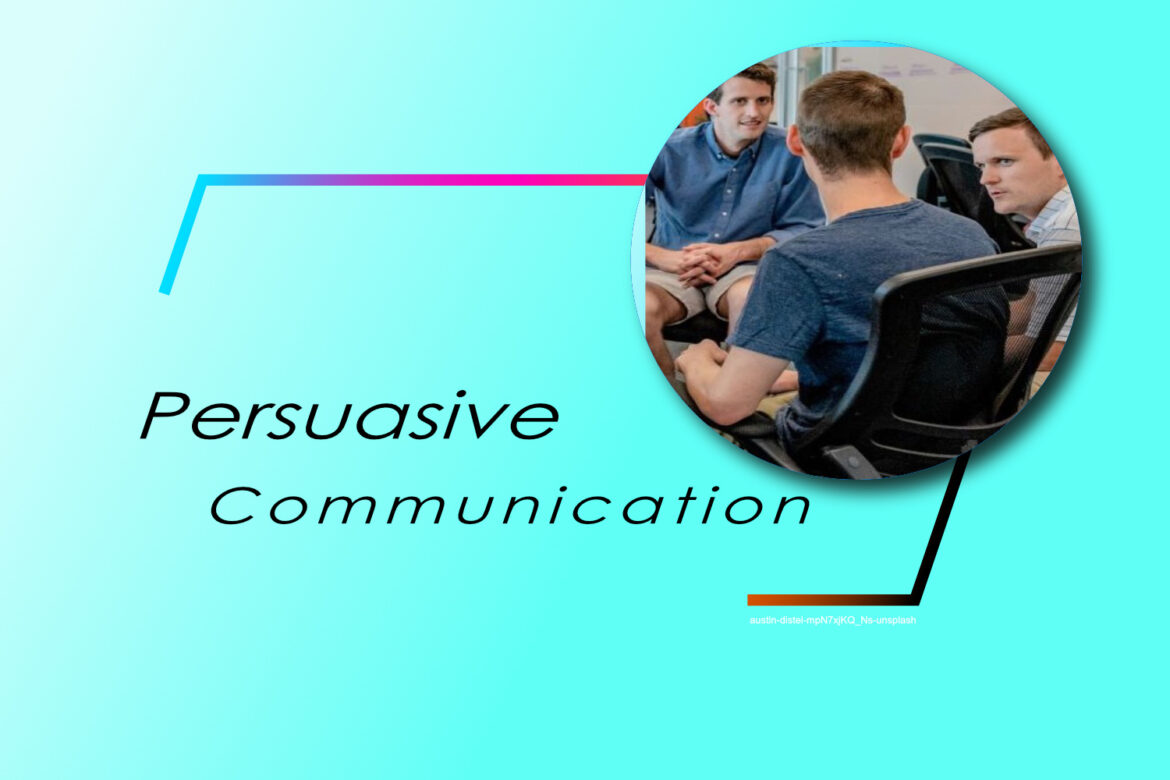In the fast-paced world of marketing, every word carries weight. Crafting compelling copy that captivates your audience is a skill that every marketer strives to master. Enter logos, ethos, and pathos – the three pillars of persuasive communication that wield immense power in the art of copywriting. Let’s explore why harnessing these elements is crucial for creating impactful messages that resonate with your audience.
Logos: The Voice of Reason
At the heart of effective communication lies logos – the appeal to logic and reason. It’s about presenting your audience with solid facts, data, and rational arguments that support your message. Whether you’re promoting a product, service, or idea, leveraging logos in your copywriting helps to build credibility and trust.
Think of it this way:
Your audience seeks solutions to their problems, and they crave information that helps them make informed decisions. By incorporating logical appeals into your copywriting, you provide them with the clarity and assurance they need. From highlighting the practical benefits of your offerings to showcasing their real-world applications, focusing on logos strengthens the foundation of your message and positions you as a reliable source of information.
Ethos: Establishing Trust and Authority
Ethos, the ethical appeal, revolves around establishing trust and authority with your audience. It’s about showcasing your expertise, integrity, and authenticity in every piece of content you create. In today’s competitive landscape, building a strong brand reputation is essential for success.
Consider this:
Your audience is inundated with countless marketing messages vying for their attention. To cut through the noise, you must demonstrate why they should trust your brand above all others. By incorporating ethos into your copywriting – whether through testimonials, credentials, or storytelling – you humanize your brand and forge deeper connections with your audience.
Pathos: Touching Hearts and Minds
Pathos, the emotional appeal, speaks to the heart of your audience. It involves tapping into their emotions – whether joy, fear, hope, or empathy – to evoke a response. As marketers, understanding the emotional triggers of your audience is key to creating meaningful connections.
Imagine this:
Your audience is more likely to remember how your message made them feel rather than the specifics of your offer. You create a lasting impression by infusing your copywriting with storytelling, imagery, and language that resonates with their emotions. Whether it’s inspiring them with a vision of a better future or addressing their pain points with empathy, leveraging pathos helps to foster a deeper bond with your audience.
In Conclusion:
Mastering the art of persuasive copywriting requires a deep understanding of logos, ethos, and pathos. By appealing to reason, establishing trust and authority, and touching hearts and minds, you can create messages that resonate with your audience on a profound level.

